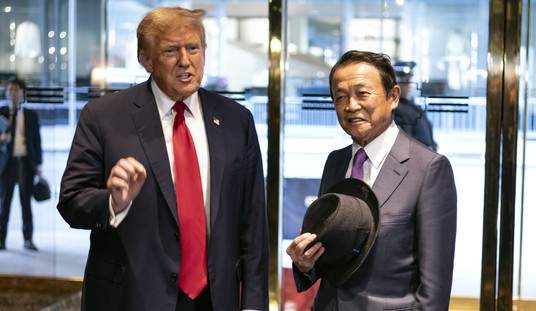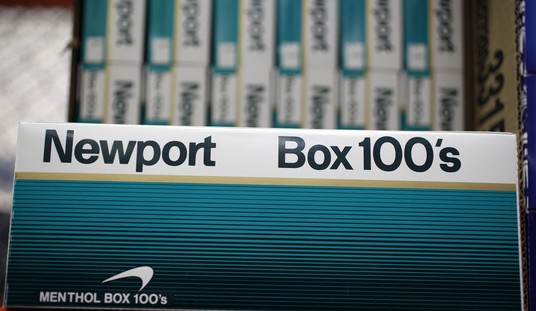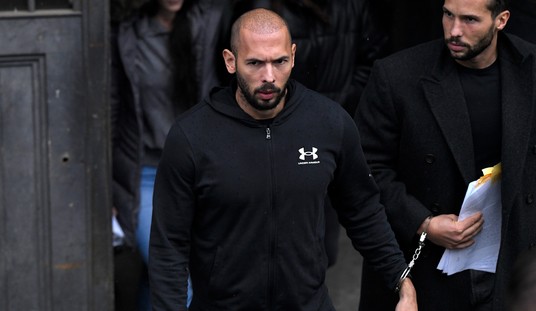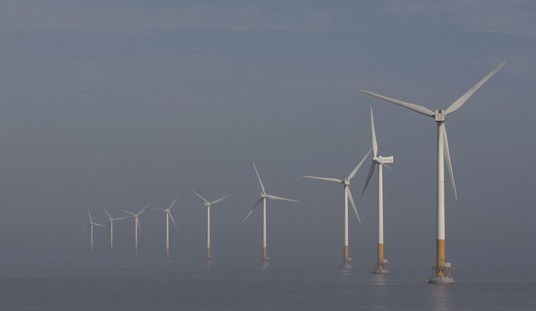The renewable energy climate cultist movement could well be on the cusp of dark times, indeed, and God willing. It’s no wonder their liberal companions in societal domination and control are agitating so fiercely for censorship across the information spectrum. It turns out that the peasants whose they’ve been shamelessly manipulating for decades are paying attention to all the information and data now available to them, vice the pablum previously hand-selected and spoon-fed the populace.
And they don’t much like what they’re learning.
I’m wondering if Green grifters are starting to sense a disturbance in the force.
For instance, doing headlines this weekend, I came across an article on a site with a name that sounds really eco-friendly, if you will – Natural News. But the headline sucked me right in and I knew I was among friends.
New $4B Panasonic electric vehicle (EV) battery factory in Kansas requires so much power that the facility will need its own COAL plant to run
“Holy SMOKES – choo got to be kidding me,” I thought, but no. Digging in to the whole story, man. If only the coal plant were the worst of it.
A coal-fired power plant in Kansas that was slated for closure will remain open after all to provide needed power for, wait for it: a new electric vehicle (EV) battery factory producing “clean” energy storage products.
In accordance with the Biden regime’s ongoing efforts to force all Americans into an EV, Panasonic has built a $4 billion EV battery factory in the small Kansas City exurb of De Soto.Local media reports state that the factory will require anywhere from 200 to 250 megawatts of electricity to function. This is roughly the amount of power needed to keep the lights on in a small city.
…The amount of energy the new Panasonic EV battery facility needs is so high, in fact, that a representative from Evergy, the public utility serving the factory, testified before the Kansas City Corporation Commission that there are serious “near-term challenges from a resource adequacy perspective.”
Put another way, the Panasonic EV battery factory in De Soto is an energy hog of epic proportions. As such, Evergy says it will have to continue burning coal at a nearby power plant in Lawrence that was previously slated to eventually transition to natural gas production.
So this Japanese operation is going to suck so much energy during the ever-so-Green EV battery manufacturing process that grid operators can’t afford to shut down a nearby coal-fired plant. One that they were planning on transitioning to cleaner, more efficient – CLEANER, MORE EFFICIENT, HELLO – natural gas.
Cognitive dissonance, anyone?
But EVs, so it’s okay, like dead whales, barbequed birds, and scorched tortoises are. GAIA GREEN, baby!
It gets worse. Taxpayers from the Kansas dirt farmer next door to the orange groves of Florida are paying through the nose for this abomination to rise in the sunflower fields.
…Panasonic is expected to invest some $4 billion in a new De Soto battery plant, but it could receive twice that amount in taxpayer incentives. The Japanese electronics giant is poised to get as much as $6.8 billion from provisions in last year’s federal Inflation Reduction Act. That’s according to incentive watchdog group Good Jobs First, which analyzed the potential windfalls five electric vehicle battery plants could receive from a new tax credit program. Good Jobs First says the 45X Advanced Manufacturing Tax Credit, which aims at increasing production of electric vehicles, could cost American taxpayers $200 billion over the next decade — far higher than previous estimates.
…After signing nondisclosure agreements, Kansas officials agreed last year to award Panasonic $829 million in incentives from a new program designed for the firm. De Soto added another $200 million in local property tax incentives, Johnson County committed $15 million for new infrastructure and the state transportation department carved out $26 million for road improvements. The state later handed over the Kansas Bioscience Authority building in Olathe, valued at nearly $5 million, to Panasonic for free. Altogether, Good Jobs First calculated the company could be in line for $8 billion in support from local, state and federal governments.
They are, quite literally, giving away the farm. Had I known, I would have tried to slide into line. It certainly doesn’t look as if they missed any handouts. Sure – I’d take a free building in lieu of cash. I’m easy to deal with.
…“I’m just concerned. This whole green energy program, the only way it stands on its own two feet is with all these government subsidies,” said U.S. Sen. Roger Marshall. The Kansas Republican said he wants to see Panasonic’s De Soto plant succeed, “but I am concerned about the amount of money they’re being subsidized on the backs of hardworking Kansans.”
The incentives could continue to grow. “I would say that this is an undercount,” said Jacob Whiton, research analyst at Good Jobs First.
It’s just money. And there are so many grifters’ paws to grease. Everything would be going according to plan if it wasn’t for pesky problem-makers pointing out the obvious waste, fraud, and abuse.
Worse, citizens reading about it.
Why, just a bit east of Kansas, in a state where grifting has been raised to a high art form, even the pugnacious, porcine billionaire Governor J.B. Pritzker of Illinois is having EV battery plant public relations problems.
Opposition grows to proposed Chinese battery plant subsidized by Illinois taxpayers | Just The News https://t.co/qNOdvhx58I
— John Solomon (@jsolomonReports) October 3, 2023
It turns out, if there’s a breaking point for IL taxpayers, this might be it.
…Gotion Incorporated, with reported ties to the Chinese Communist Party, is set to receive more than $7 billion in federal tax credits, and over $500 million in subsidies from Illinois.
During a news conference Monday in Manteno, State Rep. Brad Halbrook, R-Shelbyville, said the tax incentives don’t add up.
“The total subsidies for the plant calculate to an astounding $3 million for each job created,” Halbrook said.
“Why are U.S. taxpayers providing $8 billion in economic incentives for the construction of a plant that costs $2 billion to build?”
Well, there’s a question with no good answer, but the math sure sounds like Chicago #mathz doesn’t it? Double the money and CHI-na. People are rightfully giving the deal the side-eye now.
Pritzker’s disgusted rejoinder is, of course, “XENOPHOBIC REPUBLICANS!!!” Which is no answer at all, merely reflexive Democratic posturing to being questioned.
Like: “Why for you hit the fire alarm?” and “NAZI!!!”
Same-same
Another interesting facet of the bazillions tied up in government subsidies for Green projects is that they are SO completely devoid of requirements for one kind of important source of carbon – HUMAN/AMERICAN workers.
No, really. There’s no “job creation” requirements attached to any of the monies.
Congress gotcher back, voters.
…When the Inflation Reduction Act passed last August on a party line vote, Democrats claimed the bill would cut healthcare prices, help Americans afford more climate efficient products and bring a wave of new jobs.
But the federal legislation didn’t include any job guarantees. And by March, Sen. Joe Manchin, a West Virginia Democrat who played a key role in writing the bill, began openly criticizing its implementation. He criticized the Biden administration over its rules determining which companies were eligible for the bill’s electric vehicle tax credits.
As the president signed the bill into law last year, the White House said it would “lift up American workers and create good-paying, union jobs across the country.”
But in its analysis, Good Jobs First noted that the tax credit for manufacturers of batteries and other electric vehicle components has no job or wage requirements. Rather, those awards are based on overall production.
So a company like Panasonic could earn billions from the federal government — even if all the work was done by robots.
Kansas wasn’t real sharp about that fine point, either.
…Kansas officials previously indicated Panasonic would pay an average of $50,000 per year. But the state’s agreement with the company included no commitments on hiring or on minimum wage or salary of those working at the plant — crucial components of many economic development packages.
Humans – who needs them?
They just go on strike in four years anyway.







Join the conversation as a VIP Member